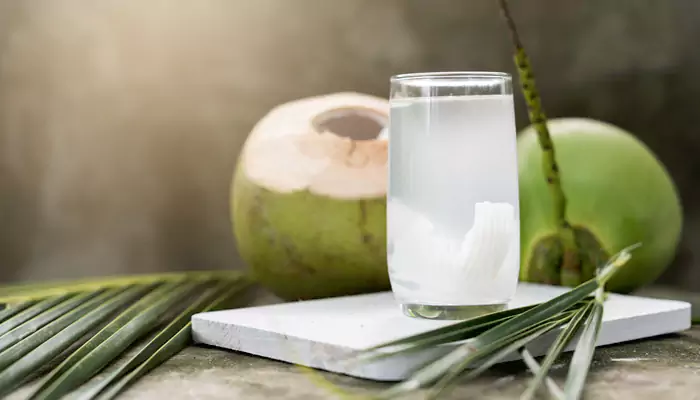The 8 Best Potassium-Rich Foods For All Diets
Potassium, a critical mineral and electrolyte, plays a pivotal role in maintaining normal blood pressure, transporting nutrients into cells, and supporting healthy nerve and muscle function.
- Ishani Karmakar
- 19 January, 2024
- 2 mins ago

The 8 Best Potassium-Rich Foods For All Diets
Potassium, a critical mineral and electrolyte, plays a pivotal role in maintaining normal blood pressure, transporting nutrients into cells, and supporting healthy nerve and muscle function.
Despite its importance, a strikingly low percentage of adults meet their daily potassium needs. While bananas are widely recognized for their potassium content, they are not the sole source. This guide delves into eight diverse and potassium-rich foods suitable for various diets, offering both health benefits and culinary versatility.
Avocados
Avocados, beyond their popularity in trendy dishes, are nutritional juggernauts. Rich in healthy fats, vitamin K, and folate, half an avocado (about 68 grams) packs 345 mg of potassium, equivalent to 7% of the Daily Value (DV). Avocados are particularly beneficial for individuals with hypertension, as they are low in sodium while being high in potassium. Consuming a whole avocado can provide nearly 15% of the DV for potassium.
Sweet Potatoes
Sweet potatoes, often used as a healthier alternative to white potatoes, are a nutritious way to bolster potassium intake. A single cup of mashed sweet potato (328 grams) provides 16% of the DV. These tubers are not only low in fat but also offer protein, complex carbohydrates, and fibre. They shine in their vitamin A content, crucial for vision, providing over 200% of the DV in the same serving.
Spinach
Spinach is renowned for its nutrient density. One cup of frozen spinach (190 grams) contains 12% of the DV for potassium. Raw spinach, in about three cups (90 grams), offers a similar potassium percentage. This leafy green is also abundant in other vital nutrients, offering substantial amounts of vitamin A, vitamin K, folate, and magnesium.
Watermelon
This large, water-rich fruit is not just a summer treat but also a significant potassium source. Approximately two wedges of watermelon (572 grams) provide just under 14% of the DV for potassium. It also contains carbohydrates, protein, a modest amount of fat, and fibre, along with magnesium, vitamins A and C.
Coconut Water

Coconut water stands out as a naturally hydrating beverage, making it a fantastic alternative to commercial sports drinks. It's packed with key electrolytes, including potassium, magnesium, sodium, and manganese, essential for rehydration and energy replenishment. One cup (240 mL) of coconut water contains 13% of the DV for potassium.
Beans
Beans are an excellent source of complex carbohydrates and plant-based protein. Remarkably, one cup (179 grams) of white beans provides 21% of the DV for potassium, double that of a banana. Black beans also contribute significantly, offering 13% of the DV per cup.
Legumes
Encompassing lentils, chickpeas, soybeans, and peanuts, legumes are a diverse group of foods high in potassium. A cup of lentils (198 grams) packs 15% of the DV, while chickpeas and soybeans provide 10% and 19%, respectively. These foods are also rich in other nutrients and can be enhanced in terms of mineral absorption through soaking or sprouting.
Tomato Paste
Tomato paste, made from cooked and strained tomatoes, is a nutrient-dense food. Just three tablespoons (50 grams) offer over 10% of the DV for potassium. It's also a source of vitamin C and lycopene, known for its disease-fighting properties. This concentrated form is a flavourful addition to sauces and dishes but be wary of added sugars in commercial varieties.
The Daily Value for potassium is set at 4,700 mg for healthy adults. A diet rich in diverse, potassium-laden foods is key to meeting this requirement. Many Western diets are disproportionately high in sodium and low in potassium, a balance that is not conducive to heart health. Incorporating these potassium-rich foods into your diet can help restore this balance, contributing to reduced blood pressure levels and improved muscle and nerve function.










